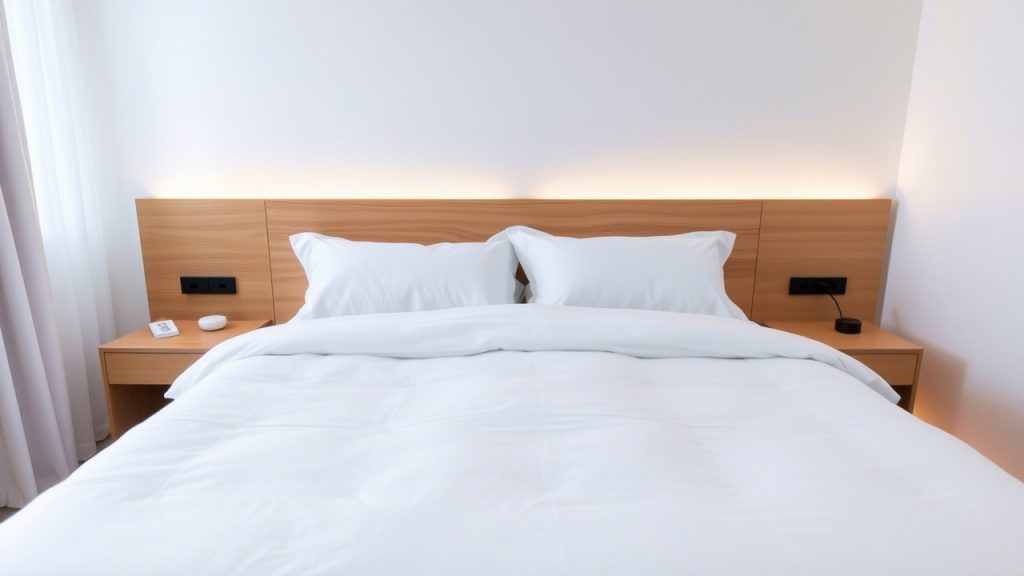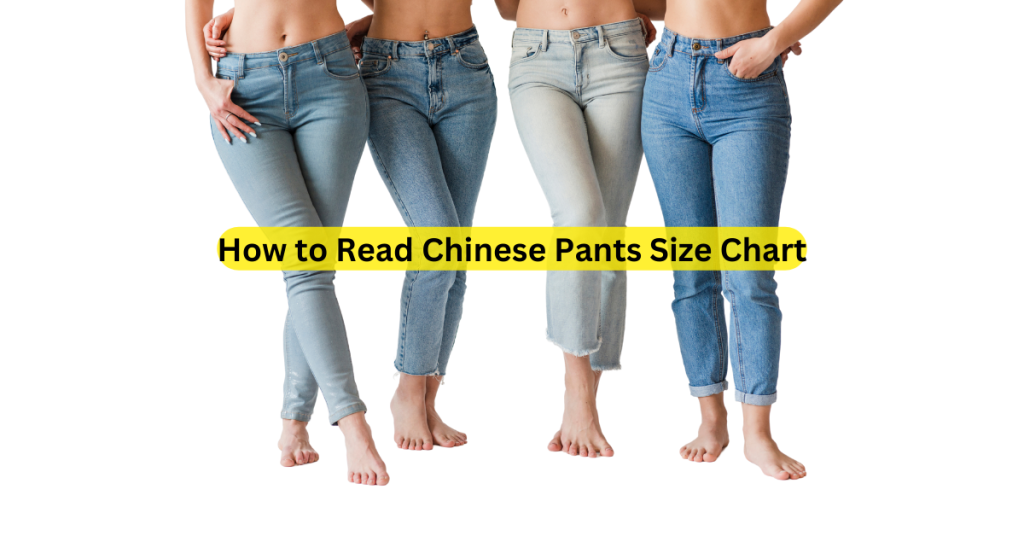Duvets vs. Comforters – Which One is Right for You?
When it comes to bedding, one of the most crucial decisions you’ll make is choosing between a duvet and a comforter. Both serve the same purpose — providing warmth and comfort while you sleep — but they differ significantly in their construction, care, and styling. If you’re in the market for new bedding and are unsure whether to go for a duvet or a comforter, you’re not alone. Understanding the differences between these two options can help you make an informed decision that best fits your needs, lifestyle, and aesthetic preferences.
We will compare duvets and comforters in terms of their material, design, maintenance, versatility, and cost. By the end, you’ll have a clear understanding of which one is the right choice for you.
What Is a Duvet?
A duvet is a type of blanket that consists of a soft, flat bag filled with natural or synthetic insulation, such as down, feathers, or synthetic fibers. Duvets are typically placed inside a duvet cover, which is a removable fabric cover that protects the duvet itself and adds an aesthetic touch to the bedding. The duvet cover is often changed and washed regularly, while the duvet itself remains inside.
Step 01- Duvet Construction
- Filling: The filling of a duvet can range from natural down feathers to synthetic materials like polyester fibers or down alternatives. Down-filled duvets are known for their luxurious softness and warmth, while synthetic options tend to be more affordable and allergy-friendly.
- Cover: Duvets are typically housed inside a duvet cover, which is similar to a large pillowcase that can be unzipped or buttoned. The cover helps keep the duvet clean and allows for easy maintenance.
- Weight: Duvets can vary in weight depending on the filling and design. You can find both lightweight duvets for warmer climates and heavier ones for cold winters.
Duvet Pros:
- Customizable: Duvet covers come in a wide variety of colors, patterns, and materials, so you can easily change the look of your bed without needing to buy a new duvet.
- Easy to Clean: You only need to wash the duvet cover, which is much easier to manage than washing an entire comforter. This helps preserve the duvet’s insulation and ensures that it lasts longer.
- Lightweight and Warm: Duvets are typically lighter than comforters but still provide plenty of warmth due to the insulation material inside.
- Versatile: Duvets can be used with various duvet covers to match your changing decor. You can also adjust the warmth by swapping out the duvet cover and using different fills or thicknesses of duvet inserts.
Duvet Cons:
- Requires a Duvet Cover: A duvet cannot be used on its own without a duvet cover. While the duvet cover is practical, it adds an extra layer of maintenance and requires more upfront investment.
- Can Shift Inside the Cover: If not properly secured, the duvet filling can shift inside the duvet cover, leading to uneven warmth distribution and lumps. Some duvet covers have corner ties to keep the duvet in place, but this can be an extra step.
- Higher Initial Cost: Duvets and duvet covers can be more expensive upfront compared to comforters, especially if you opt for high-quality materials like down.
What Is a Comforter?
A comforter is a thick, quilted blanket filled with down, feathers, synthetic fibers, or cotton. Unlike a duvet, a comforter is a standalone piece, meaning it doesn’t require a cover to protect it. Comforters typically have a built-in cover and are ready to be used as-is, which makes them convenient for people who want a simple, low-maintenance option for their bed.
Comforter Construction
- Filling: Comforters are often filled with down or synthetic fibers, with the goal of providing warmth and a cozy feel. Down comforters tend to be softer and lighter, while synthetic options may be better for people with allergies or those seeking a more budget-friendly option.
- Quilting: Comforters are typically quilted, meaning they have a stitched design that helps to evenly distribute the filling. This prevents the filling from shifting and creates a uniform level of warmth across the entire comforter.
- Weight: Comforters come in various weights, from lightweight options perfect for summer to heavy-duty comforters for colder climates.
1. Comforter Pros:
- No Extra Cover Needed: Comforters are ready to use right out of the box. There’s no need to purchase or manage a duvet cover, making comforters a low-maintenance option.
- Easier to Use: Comforters are typically easier to make your bed with, as you don’t need to worry about inserting or adjusting the duvet. They’re also less likely to shift around during the night.
- Durable: Because comforters are one piece (with no removable cover), they’re often more durable and less likely to get damaged during washing.
- Budget-Friendly: Comforters are generally more affordable than duvets and duvet covers, especially when purchased as a set.
2. Comforter Cons:
- Harder to Clean: Washing a comforter can be more difficult because of its size and thickness. You may need to use a larger washing machine or take it to the dry cleaner.
- Limited Style Flexibility: Comforters don’t offer the same level of customization as duvets. You’ll need to buy an entirely new comforter if you want to change the look of your bedding.
- May Shift: While comforters are quilted, the filling inside can sometimes shift or clump over time, leading to uneven warmth.
Key Differences Between Duvets and Comforters
1. Structure and Design
- Duvet: Requires a duvet cover, which can be changed frequently to match the decor. The duvet cover helps protect the duvet and can be washed independently of the duvet itself.
- Comforter: A single, all-in-one piece that’s typically quilted to keep the filling evenly distributed. No duvet cover is needed.
2. Ease of Maintenance
- Duvet: Easier to maintain since you only need to wash the duvet cover, not the entire duvet. The duvet itself can often go without washing for months at a time if it remains inside the cover.
- Comforter: Requires washing as a whole, which can be tricky due to its bulk. It may need to be professionally cleaned, depending on its material.
3. Customizability
- Duvet: Offers more flexibility in terms of changing the look of your bed. You can easily swap out duvet covers to match different seasons or aesthetic preferences.
- Comforter: Less customizable in appearance, as you’ll need to purchase an entirely new comforter if you want a change.
4. Weight and Warmth
- Duvet: Generally lighter and can be more breathable, especially when filled with natural down or down alternatives. Duvets are also more versatile in terms of adjusting warmth.
- Comforter: Typically heavier and may provide more consistent warmth. However, they can also trap heat, which may be less comfortable for warm sleepers.
5. Cost
- Duvet: Generally more expensive due to the need for both a duvet and a duvet cover. High-quality duvet inserts, especially those filled with down, can drive up the price.
- Comforter: More affordable on average, as it comes as one complete piece. However, the cost can vary depending on the material and filling.
Which One Is Right for You?
Choosing between a duvet and a comforter depends on your lifestyle, preferences, and what you’re looking for in your bedding. Here’s a breakdown of which option might be best suited to you:
Go for a Duvet if:
- You want the ability to easily change the look of your bedding without buying an entirely new set.
- You prefer a lightweight, breathable option that can be adjusted for different seasons.
- You don’t mind the extra step of using a duvet cover and occasionally securing the duvet inside it.
- You want the flexibility of using different duvet fills to adjust warmth and comfort.
Go for a Comforter if:
- You prefer a low-maintenance, all-in-one bedding option that doesn’t require a duvet cover.
- You want something easy to care for that doesn’t need frequent washing.
- You like a thicker, heavier option for colder months and want something that’s ready to use right away.
- You have a limited budget and prefer an affordable solution that covers both warmth and style.
9 Frequently Asked Questions
1. What is the main difference between a duvet and a comforter?
The main difference is that a duvet requires a separate cover, while a comforter is a single piece that doesn’t require a cover. Comforters are typically ready to use as-is, while duvets offer more flexibility in terms of design.
2. Which one is easier to clean, a duvet or a comforter?
A duvet is easier to clean because you only need to wash the duvet cover, not the entire duvet. Comforters, on the other hand, often need to be washed as a whole, which can be more difficult.
3. Which one is warmer, a duvet or a comforter?
Both duvets and comforters can be warm, but a duvet with a thick down insert tends to be warmer and lighter. Comforters are often thicker and more compact, providing consistent warmth.
4. Are duvets better for warm climates?
Yes, duvets can be a better choice for warm climates because they are often lighter and more breathable, especially if you choose a duvet with down or a down-alternative filling.
5. How often should I wash my duvet or comforter?
You should wash your duvet cover every 1-2 weeks, but the duvet itself may only need washing a few times a year. Comforters should be washed 2-3 times a year or more frequently if needed.
6. Can I use a duvet without a cover?
While it is technically possible, it’s not recommended. A duvet without a cover can become soiled more quickly, and it’s harder to clean than just washing the cover.
7. Do I need a duvet or comforter for each season?
For year-round use, you may want to have both a light duvet for warmer weather and a heavier comforter or duvet for colder months. Both options can be adjusted for warmth depending on the filling.
8. Which is more expensive, a duvet or comforter?
Duvets tend to be more expensive upfront because you need to buy both the duvet and the duvet cover. Comforters are generally more affordable.
9. Are comforters better for people with allergies?
Comforters with synthetic fillings can be better for people with allergies, as they are typically hypoallergenic. Down-filled comforters can also trigger allergies for some people.
Conclusion
Ultimately, the decision between a duvet and a comforter comes down to personal preference, convenience, and budget. If you want flexibility, ease of maintenance, and an option that you can easily update for changing seasons, a duvet might be the better choice. On the other hand, if you prefer a no-fuss, all-in-one bedding solution that’s easy to care for, a comforter is a practical option. Consider your lifestyle, climate, and aesthetic preferences when making your choice, and you’ll find the perfect bedding for a cozy night’s sleep.





